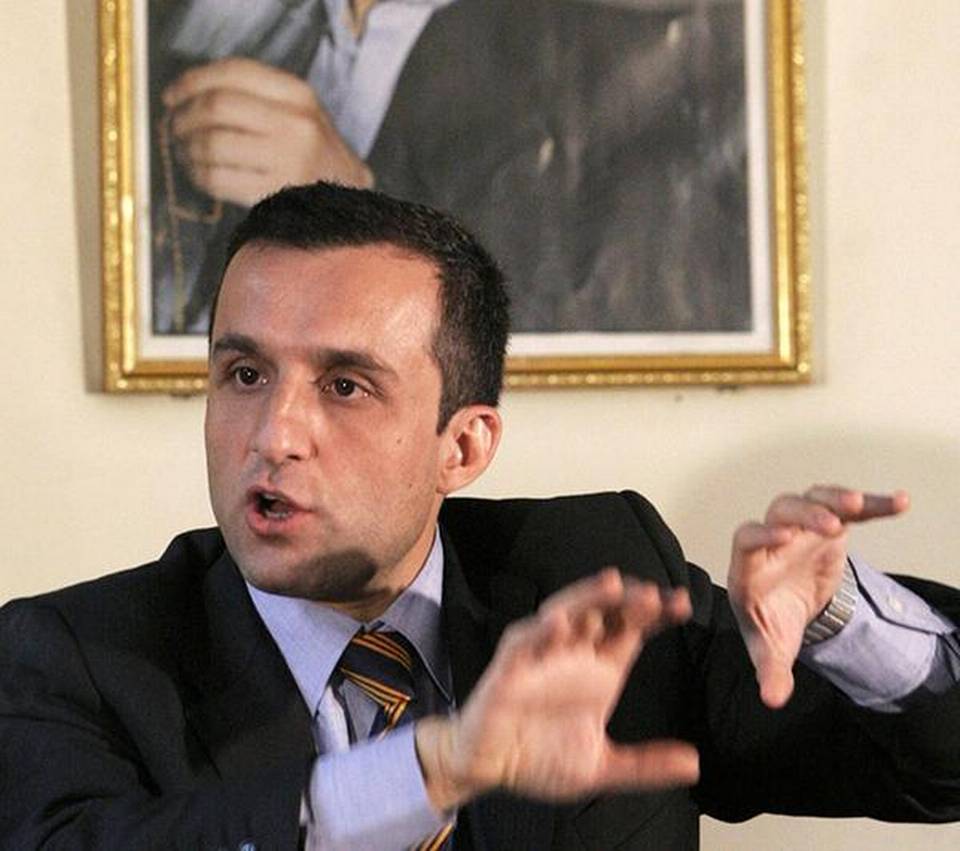The political campaign for the September 28 presidential election in Afghanistan got a bloody start on July 28 when the office of vice-presidential candidate Amrullah Saleh came under attack. Mr. Saleh, a former intelligence chief and President Ashraf Ghani’s running mate, survived the attack, which killed at least 30 people. He was rescued from the building when security personnel fought the gunmen for hours.
At first, a car bomb went off outside the office of the Afghan Green Trend (AGT), Mr. Saleh’s political party, and then gunmen entered the building. One eyewitness, who spoke to this reporter, described the carnage that followed the explosion. “The area has a number of buildings with glasses and the explosion caused a rain of shards. I saw several hundred people injured, including children who had glass cuts on their faces,” said 24-year-old Fazal Ahmad, who was close to the site at the time of explosion. “If you ask me, I would guess hundreds are injured and killed,” he added, while waiting outside the Emergency Ward and Trauma Hospital in Kabul to hear news about his cousin, who was among those injured.
While no one has claimed responsibility for the attack, members of the Afghan Green Trend are certain that the perpetrators were from the Taliban, which had made several attempts at Mr. Saleh’s life in the past. In November last year, an attack on his house in Kabul was averted by the security forces. “There were always standing threats against the Green Trend, but we were made aware by the NDS [National Directorate of Security] of a specific threat against our offices in the run-up to the election campaign,” an AGT member said on condition of anonymity. “No one has claimed responsibility yet, but we are certain it is the Taliban.”
Read full story on The Hindu
